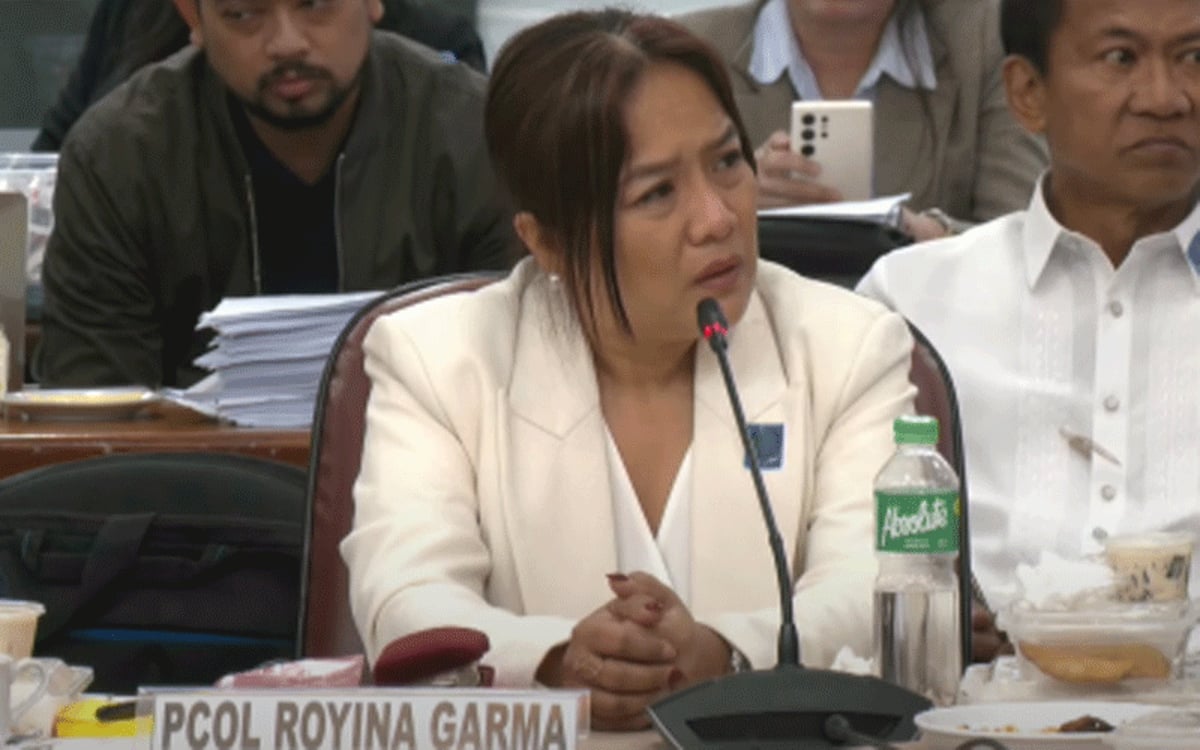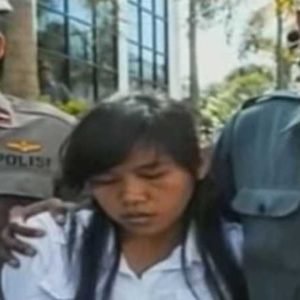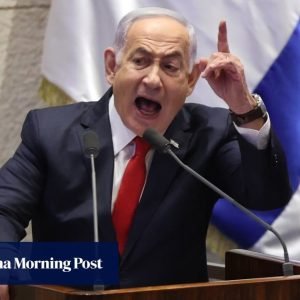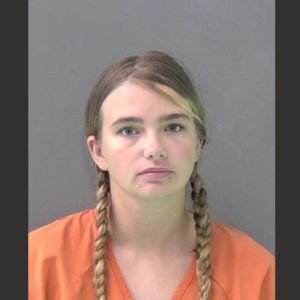
RETIRED police colonel and former Philippine Charity Sweepstakes Office (PCSO) General Manager Royina Garma has submitted an affidavit directly implicating former President Rodrigo Duterte in orchestrating a nationwide campaign that led to extrajudicial killings (EJKs) of drug suspects during his administration.
In her affidavit submitted to the House Quad Committee on Friday, October 11, 2024, Garma provided new insights into the internal workings of the Duterte administration’s controversial war on drugs, including an alleged reward system for EJKs.
Garma revealed significant information regarding Duterte and his long-time aide, Senator Christopher “Bong” Go, detailing their roles in overseeing and coordinating anti-drug operations.
She recounted a May 2016 meeting where Duterte instructed her to find a Philippine National Police (PNP) officer to lead a national anti-drug task force, replicating the “Davao Model,” a system that rewarded police for killings.
“The Davao Model involves three levels of payments or rewards. First is the reward if the suspect is killed. Second is the funding of planned operations (COPLANS). Third is the refund of operational expenses,” Garma said.
Garma recommended her upperclassman at the PNP Academy, Police Col. Edilberto Leonardo, who was then with the Criminal Investigation and Detection Group (CIDG). Following a meeting with Duterte, Leonardo was tasked with forming a specialized task force.
Garma said that Leonardo’s role expanded, leading to a formal proposal for the task force’s operations, submitted to Duterte through Go.
“Leonardo subsequently informed me that he had prepared a proposal, routed through Bong Go, outlining the task force’s operations, which would encompass Luzon, Visayas, and Mindanao,” she said.
Leonardo and his operatives began executing their plans, with Garma acting as an intermediary between him and Go during the initial months.
Garma’s affidavit also shed light on the inner workings of the task force, which Leonardo led.
She said that a reward system was in place where payments were made solely for killings.
She explained that funds were funneled through the bank accounts of Peter Parungo, a former detainee, and meticulously tracked by Leonardo’s team.
Further implicating Go, Garma said that Leonardo reported all fatalities from police operations directly to the then Special Assistant to the President (SAP) for inclusion in his weekly reports, ensuring operational expenses were refunded.
“Leonardo had the final authority to determine who would be included on the list of drug personalities and to classify their threat levels, as well as the discretion to remove individuals from the list,” she added.
Garma also disclosed that operations extended beyond the streets into key penitentiary systems, with drug activities allegedly originating from the Bureau of Corrections (BuCor).
She recalled overhearing discussions between Leonardo and other officials about drug activities at the Davao Penal Colony, specifically mentioning BuCor officers involved in the drug trade who were later killed.
Garma affirmed her willingness to provide further testimony and additional details as the Quad Committee’s investigation into drug-related EJKs continues. (PNA)







